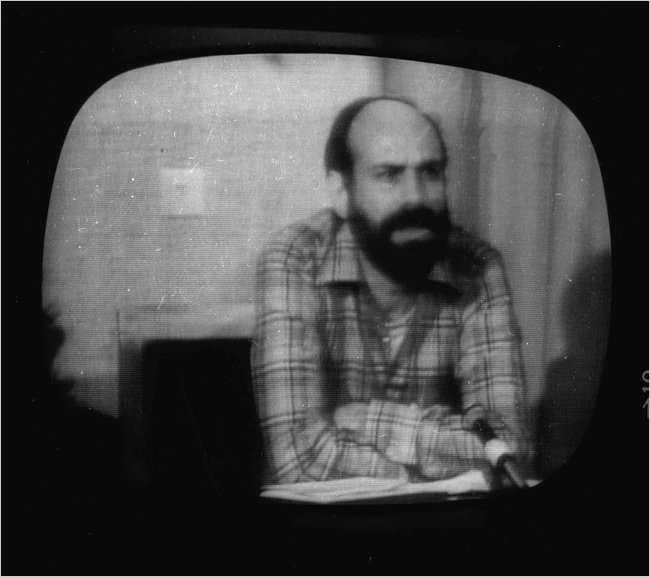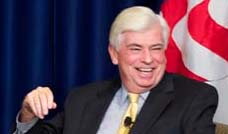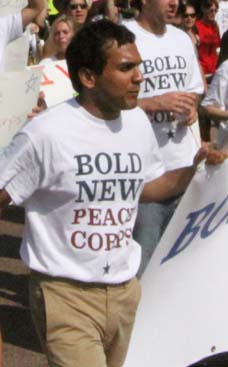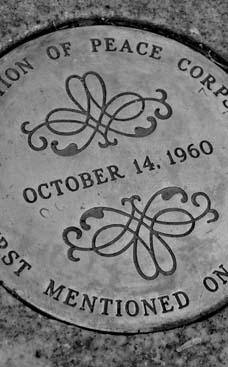
There is unfinished business for the former hostages. Forty of the 52 are living. For years, they have sought justice in the form of compensation from Iran for their suffering. But a lawsuit on their behalf has gone nowhere in American courts. The main obstacle is an agreement between the United States and Iran known as the Algiers Accords, reached the day before the hostages were freed. In return for their release, Washington pledged to unfreeze Iranian assets that had been seized after the hostage-taking and to give Iran immunity from lawsuits like the one being pursued. Through six presidencies, Republican and Democratic alike, the government's position has been that the accords form an enduring obligation, unshaken by Congressional attempts to override it with antiterrorism legislation that effectively endorsed the former hostages' right to sue Iran. The federal courts have thus far sided with the government, though appellate judges in Washington will take up the case this year. From the hostages' vantage, the Algiers Accords were reached with a gun pointed at America's head. "It's very clear from communiqués at the time that the Iranians were going to try, convict and hang these folks," said their lawyer, V. Thomas Lankford Jr., of Alexandria, Va. To him and his clients, the accords amounted to "a ransom note." About 150 Americans are part of the lawsuit, including surviving hostages, the estates of those who died and some relatives. In all, they are seeking $6.6 billion in damages, but no one pretends that is a realistic figure. The true purpose of a big number like that, Mr. Lankford said, is to take a firm stand against state-sponsored terrorism, by "making it costly enough to where you just don't go out and do it."
For Ex-Hostage Bruce Rosen, Lawsuit Against Iran Is Unfinished Business
For Ex-Hostage, Lawsuit Against Iran Is Unfinished Business
By CLYDE HABERMAN
Published: February 10, 2011
Barry Rosen's fascination with Iran began in 1967, when he went there from his native Brooklyn for a two-year adventure as a Peace Corps volunteer. He taught English and he learned Farsi, the Persian spoken by Iranians. "Iran became, in many ways, a second home for me," he said the other day.
A decade later, that home turned hostile.
Mr. Rosen was back in Tehran, this time as the press attaché at the United States Embassy. On Nov. 4, 1979, he became one of 52 Americans who would be taken prisoner for 444 days by militants angry after the deposed Shah of Iran was allowed into the United States for medical treatment.
Some of the American hostages were beaten. Some were subject to mock executions. "We were the first victims of modern state-sponsored terrorism," Mr. Rosen said.
The crisis ended on Jan. 20, 1981, as Jimmy Carter's presidency yielded to Ronald Reagan's. Minutes after Mr. Reagan was sworn in, Iran let its captives go. They returned home a few days later, embraced by family and by a relieved nation that felt as if it, too, had been held hostage.
Those distant events resonate now with the Egyptian uprising and questions about whether it could become a reprise of the 1979 Islamic revolution in Iran, which replaced the Shah's dictatorship with a repressive theocracy.
There is also unfinished business for the former hostages. Forty of the 52 are living. For years, they have sought justice in the form of compensation from Iran for their suffering. But a lawsuit on their behalf has gone nowhere in American courts.
The main obstacle is an agreement between the United States and Iran known as the Algiers Accords, reached the day before the hostages were freed. In return for their release, Washington pledged to unfreeze Iranian assets that had been seized after the hostage-taking and to give Iran immunity from lawsuits like the one being pursued.
Through six presidencies, Republican and Democratic alike, the government's position has been that the accords form an enduring obligation, unshaken by Congressional attempts to override it with antiterrorism legislation that effectively endorsed the former hostages' right to sue Iran. The federal courts have thus far sided with the government, though appellate judges in Washington will take up the case this year.
From the hostages' vantage, the Algiers Accords were reached with a gun pointed at America's head. "It's very clear from communiqués at the time that the Iranians were going to try, convict and hang these folks," said their lawyer, V. Thomas Lankford Jr., of Alexandria, Va. To him and his clients, the accords amounted to "a ransom note."
About 150 Americans are part of the lawsuit, including surviving hostages, the estates of those who died and some relatives. In all, they are seeking $6.6 billion in damages, but no one pretends that is a realistic figure. The true purpose of a big number like that, Mr. Lankford said, is to take a firm stand against state-sponsored terrorism, by "making it costly enough to where you just don't go out and do it."
That is also the view of Mr. Rosen, the lone New Yorker in the group. "Iranians need to know that you just can't do this in this world," he said, "abrogating international law, walking into an embassy, taking over people. They really didn't learn a lesson from the hostage crisis."
It galls him that the State and Justice Departments have consistently opposed the hostages in court. It is, he said, almost as if "the Iranian government and the American government are somehow in collaboration on this issue."
A few weeks ago, on the 30th anniversary of their being freed, about 20 of the surviving hostages held a reunion at West Point, where they were first taken after returning to American soil. It was a happy gathering, Mr. Rosen said, but there was also despair about the lawsuit - "a certain sense that nothing will come of it."
Obviously, none of them are getting younger. Mr. Rosen is 66, a grandfather of four. After Iran, he settled into a relatively sedate life. These days, he is in charge of public and external affairs at the Borough of Manhattan Community College.
But his spirit of adventure did not die. Eight years ago, he went to Afghanistan, part of an international team trying to rebuild that country's educational system. The principal language of people he worked with was Dari, a close cousin of the Farsi that he spoke. "Ironically," the former hostage said, "they used to call me ‘Mr. Iranian.' "
E-mail: haberman@nytimes.com















